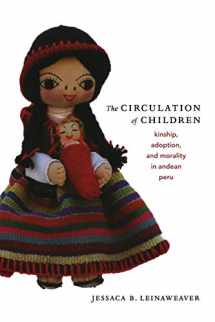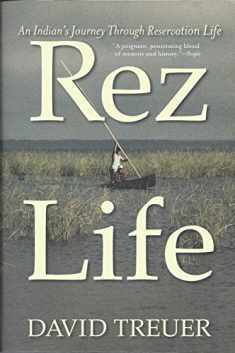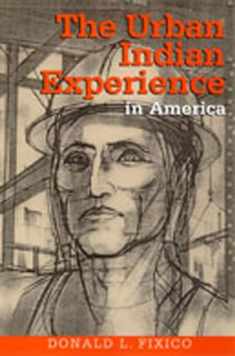
The Circulation of Children: Kinship, Adoption, and Morality in Andean Peru (Latin America Otherwise)
Book details
Summary
Description
In this vivid ethnography, Jessaca B. Leinaweaver explores “child circulation,” informal arrangements in which indigenous Andean children are sent by their parents to live in other households. At first glance, child circulation appears tantamount to child abandonment. When seen in that light, the practice is a violation of international norms regarding children’s rights, guidelines that the Peruvian state relies on in regulating legal adoptions. Leinaweaver demonstrates that such an understanding of the practice is simplistic and misleading. Her in-depth ethnographic analysis reveals child circulation to be a meaningful, pragmatic social practice for poor and indigenous Peruvians, a flexible system of kinship that has likely been part of Andean lives for centuries. Child circulation may be initiated because parents cannot care for their children, because a childless elder wants company, or because it gives a young person the opportunity to gain needed skills.
Leinaweaver provides insight into the emotional and material factors that bring together and separate indigenous Andean families in the highland city of Ayacucho. She describes how child circulation is intimately linked to survival in the city, which has had to withstand colonialism, economic isolation, and the devastating civil war unleashed by the Shining Path. Leinaweaver examines the practice from the perspective of parents who send their children to live in other households, the adults who receive them, and the children themselves. She relates child circulation to international laws and norms regarding children’s rights, adoptions, and orphans, and to Peru’s history of racial conflict and violence. Given that history, Leinaweaver maintains that it is not surprising that child circulation, a practice associated with Peru’s impoverished indigenous community, is alternately ignored, tolerated, or condemned by the state.


We would LOVE it if you could help us and other readers by reviewing the book
Book review





